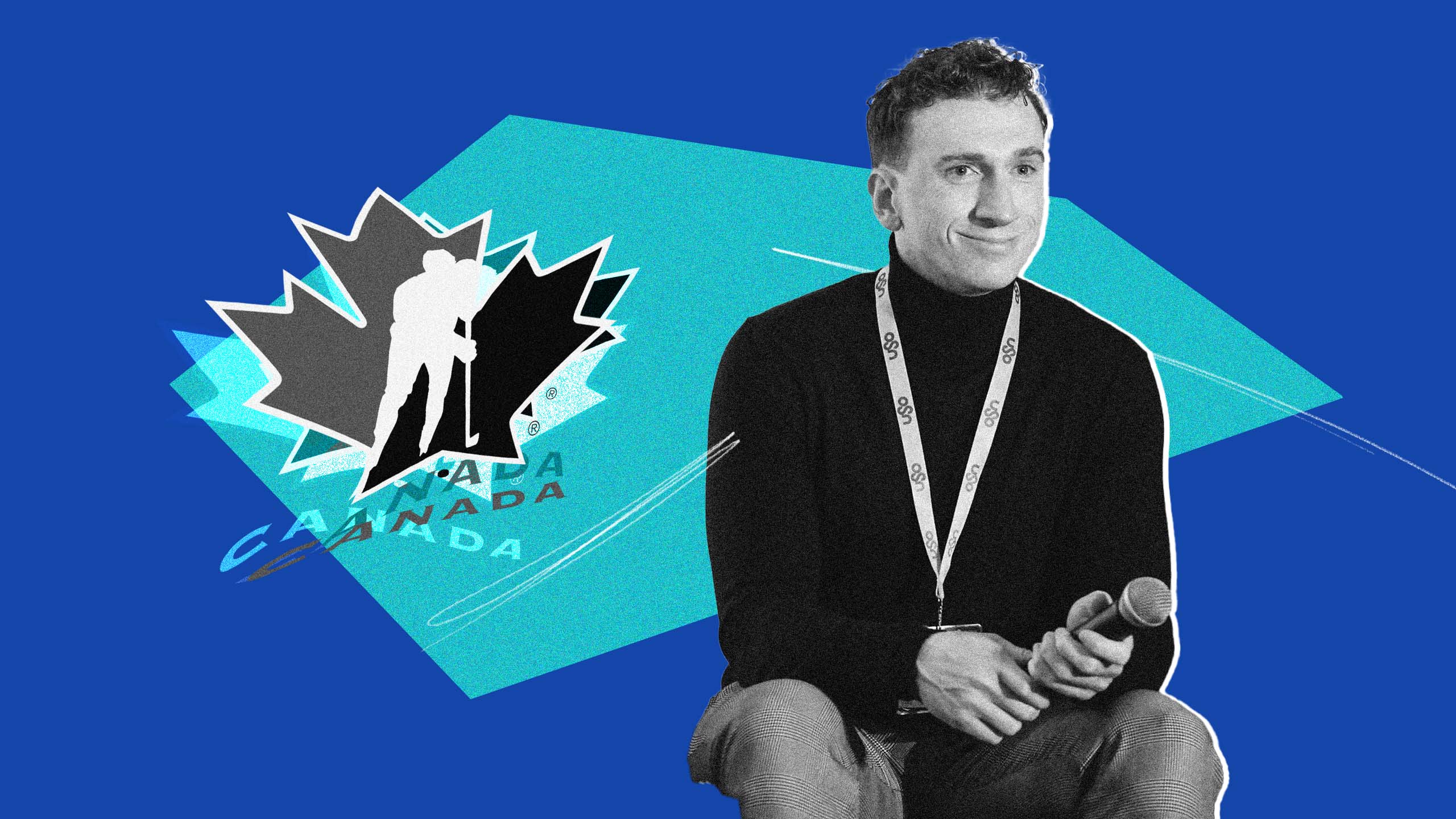Discrimination and homophobia are rampant in Canadian hockey, despite efforts to curb both, according to a new report. Advocates within the sport say it’s time for the insults and bullying to end.
According to a Friday report from Hockey Canada, there have been 900 documented or alleged incidents of on-ice discrimination at all levels during the 2021–2022 playing season. Sixty-one percent of the 512 penalties called by officials last season involved insults based on sexual orientation or gender identity. In addition to those penalties, 415 allegations were investigated after the fact. Off-ice incidents were not included, which makes the likely number of incidents much higher.
Brock McGillis, one of the first professional North American hockey players to come out as gay, says that the report accounts for just a fraction of the homophobia and transphobia present in the hockey world. “[Hockey culture is] predominantly white. It’s assumed to be straight. And it’s an incredibly insular world where you’re broken up by age and skill level and put into a locker room with coaches who come from the same culture and grew up in that culture,” he said in an interview with CBC. “And you can basically say or do whatever you want without any ramifications or recourse.” McGillis thinks the all-encompassing nature of the sport, where young players are immersed five to seven days a week in hockey-related activities, makes accountability very difficult.
“I have heard and seen everything from kids calling a kid a slur and threatening to ‘Jeffrey Dahmer’ him, to direct homophobic language,” he told CBC. “I’ve had hundreds of kids come to me who have quit the sport, if not more. And that’s just kids. That doesn’t include adults who have come to me that left the sport long ago because of either the harassment and bullying they experienced.”
The retired hockey player has stated that he felt could not be himself while he was playing the sport professionally. Even after he accepted his gay identity, he dated someone for three years while closeted, and in some cases using an alias so that no one in the hockey world would find out.
This is not the first time that Hockey Canada has come under fire for toxic behaviour in the sport. In August 2021, the organization introduced a new section to its rulebook to address maltreatment in the federation, which represents nearly 520,000 players. Last July, the organization unveiled an action plan to address problematic behaviour after alleged sexual assaults perpetrated by members of the 2018 and 2003 World Junior teams came to light. Earlier this year, a series of meetings on Parliament Hill about this issue led to the resignation of the organization’s board of directors and the departure of Scott Smith, its president and CEO, in October. A vote on the new board and chair is scheduled for December 17.
External efforts toward accountability continue as well. Former Supreme Court judge Thomas Cromwell headed an independent review of Hockey Canada’s governance, and released a report in November that “offers important recommendations to help improve the organization and meet industry best practices.”
The latest report details the application of Rule 11.4, which targets discrimination on the basis of race, language, religion, sexual orientation, gender identity or gender expression, genetic characteristics and disability. “Hockey Canada commits to continuing to make national reports on maltreatment publicly available and accessible on an annual basis as part of its overall sport safety framework,” the report concluded.
McGillis does not think that collecting statistics goes far enough. “I think there’s a homophobic slur or some type of slur said every time a team enters a locker room. So I think these numbers are incredibly low versus the amount of language that’s been used,” he told CBC. “We’ll know when [the discrimination] stops because we’ll see queer kids and more BIPOC [Black, Indigenous and people of colour] folks and trans kids play in the sport. That’s when we’ll know. But currently, we don’t have that.”


 Why you can trust Xtra
Why you can trust Xtra


